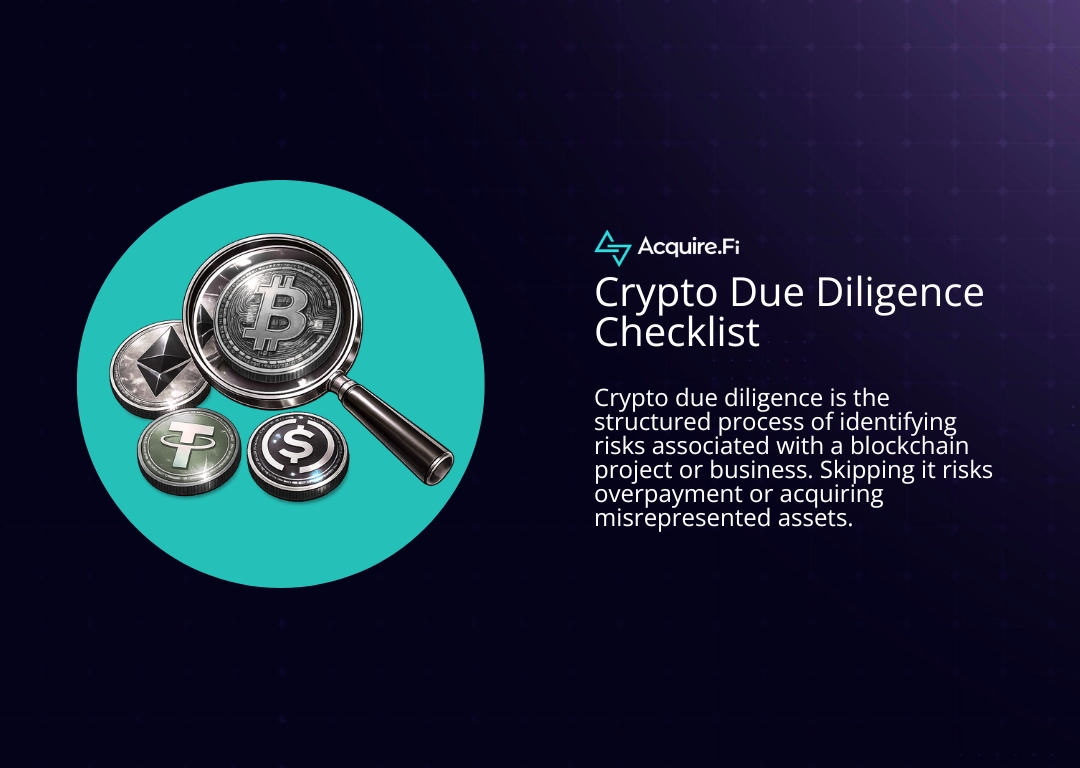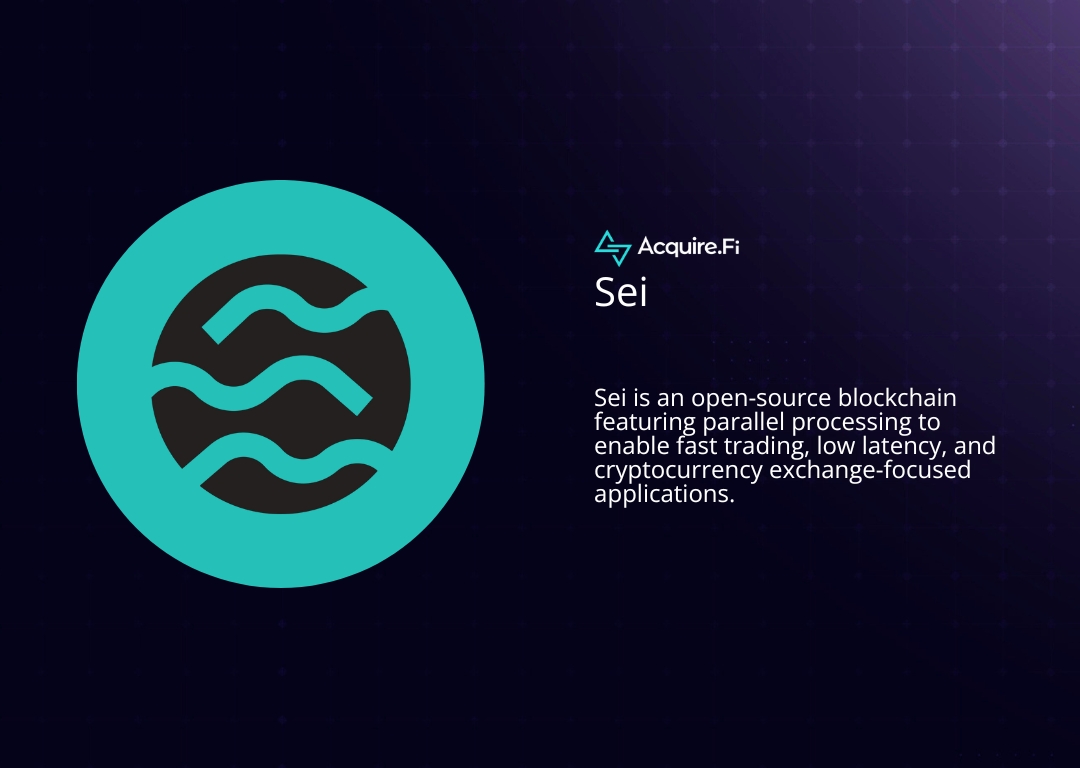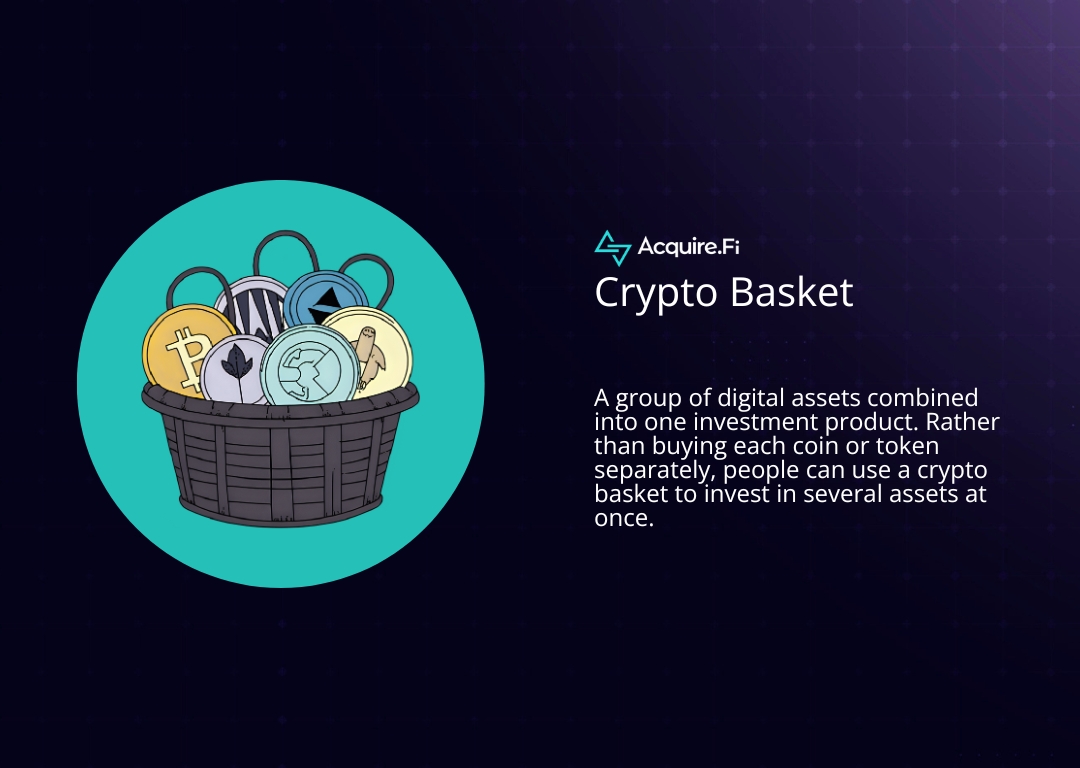Exploring the Benefits of a Decentralized Hedge Fund
The world of investing has undergone a significant shift in recent years due to the emergence of decentralized finance (DeFi) platforms. One such area that has seen immense growth is the concept of decentralized hedge funds. These platforms aim to offer investors a transparent, cost-efficient, and secure alternative to traditional hedge funds, which have faced their fair share of challenges. In this article, we will dive deep into the concept of decentralized hedge funds, their key components, advantages, real-world applications, challenges, and risks.
Understanding Decentralized Hedge Funds
Investing in hedge funds has always been a popular option for investors looking to diversify their portfolio and maximize their returns. However, traditional hedge funds have been criticized for their lack of transparency and accessibility. This is where decentralized hedge funds come in.
What is a Decentralized Hedge Fund?
A decentralized hedge fund is a type of investment platform that operates on blockchain technology. It is designed to provide investors with access to diversified investment portfolios that are managed by multiple financial experts using smart contracts. This approach is in stark contrast to traditional hedge funds, which are often managed by a single fund manager and are subject to opaque fee structures and reporting practices. A common example of this is a DeFi hedge fund.
Decentralized hedge funds are built on the principles of transparency and community-driven decision-making. They are designed to be accessible to a broader range of investors, with lower minimum investment amounts than traditional hedge funds. This makes them an attractive option for individual investors who want to participate in the hedge fund market.
Key Components of Decentralized Hedge Funds
Decentralized hedge funds generally consist of four main components:
- The investment pool, which is managed by multiple financial experts using smart contracts
- The investor pool, which is made up of individuals who purchase shares/dividends in the investment pool
- The community, which is responsible for making decisions on behalf of the fund
- The platform, which facilitates the communication and interaction between investors and the fund managers
The investment pool is managed by multiple financial experts using smart contracts. This approach ensures that investment decisions are made based on a consensus of expert opinion, rather than the decisions of a single fund manager. The investor pool is made up of individuals who purchase shares/dividends in the investment pool, giving them a stake in the fund's performance.
The community is responsible for making decisions on behalf of the fund. This approach ensures that the fund is managed in the best interests of the investors, rather than the fund managers. The platform facilitates the communication and interaction between investors and the fund managers, ensuring that all parties have access to the information they need to make informed investment decisions.
Differences Between Traditional and Decentralized Hedge Funds
One of the key differences between traditional and decentralized hedge funds is the level of transparency. Traditional hedge funds are known for their opaque fee structures and reporting practices, which can make it difficult for investors to understand the true cost and performance of the fund. In contrast, decentralized hedge funds are built on blockchain technology, making all transactions transparent and immutable.
Another difference is the level of accessibility. Traditional hedge funds typically require high minimum investment amounts, making them out of reach for smaller investors. Decentralized hedge funds, on the other hand, often have lower minimum investment amounts and are open to a broader range of investors. This makes them an attractive option for individual investors who want to participate in the hedge fund market.
Decentralized hedge funds are still a relatively new concept, but they have the potential to revolutionize the hedge fund industry. By leveraging blockchain technology, they offer a more transparent and accessible investment option for individual investors. As the market for decentralized hedge funds continues to grow, it will be interesting to see how traditional hedge funds respond and adapt to these changes.
Advantages of Decentralized Hedge Funds
Enhanced Security and Transparency
Decentralized hedge funds have gained popularity in recent years due to their enhanced security and transparency. Unlike traditional hedge funds, decentralized hedge funds operate on a decentralized network, which is inherently more secure. Transactions on a blockchain are verified by multiple nodes, making it virtually impossible for any single entity to manipulate the data. This ensures that investors' assets are secure and protected from fraudulent activities.
Furthermore, all transactions on a decentralized network are recorded on a public ledger, providing investors with complete transparency. Investors can track their investments in real-time, ensuring that they are aware of all transactions that take place in their accounts. This level of transparency is not available in traditional hedge funds, where investors are often left in the dark about the inner workings of the fund.
Reduced Operational Costs
Decentralized hedge funds are often more cost-efficient than traditional hedge funds due to their automated nature. Smart contracts are used to execute trades, eliminating the need for intermediaries such as custodians and brokers. This, in turn, can lead to lower fees and expenses for investors.
Moreover, decentralized hedge funds operate on an open-source platform, which means that the code is available to the public. This allows developers to contribute to the platform, improving its functionality and reducing operational costs even further.
Improved Accessibility and Inclusivity
Decentralized hedge funds are designed to be accessible to a broader range of investors. Unlike traditional hedge funds, they often have lower minimum investment requirements, making them more accessible to smaller investors. This is because decentralized hedge funds can be divided into smaller units, allowing investors to purchase only what they can afford.
In addition, decentralized hedge funds can be accessed from anywhere in the world, as long as the investor has an internet connection. This means that investors who were previously excluded from traditional hedge funds due to geographical restrictions can now invest in decentralized hedge funds.
Increased Flexibility and Customization
Decentralized hedge funds offer investors greater flexibility and customization options. This is because they operate on an open-source platform, allowing investors to contribute their ideas and opinions on investment strategies. Investors can suggest new investment strategies, which can be implemented using smart contracts.
Moreover, smart contracts can be programmed to execute trades based on specific criteria, allowing for greater flexibility in investment decisions. This means that investors can set their investment preferences and have their investments managed automatically.
In conclusion, decentralized hedge funds offer several advantages over traditional hedge funds. They are more secure, transparent, and cost-efficient. They also offer greater accessibility, inclusivity, flexibility, and customization options. As the popularity of decentralized hedge funds continues to grow, they are likely to become a mainstream investment option for investors around the world.
Real-World Applications and Success Stories
Decentralized hedge funds have revolutionized the world of investing, providing investors with access to a range of investment opportunities that were previously unavailable. These funds are designed to operate on a decentralized platform, which means that they are not controlled by a single entity or organization. Instead, they are run on a network of computers that are connected to the internet, making them highly secure and transparent.
Decentralized Hedge Funds in Cryptocurrency
One of the most exciting applications of decentralized hedge funds is in the world of cryptocurrency investing. These funds invest in emerging cryptocurrencies and blockchain-based projects, which can provide investors with high returns. One example of a successful decentralized hedge fund is Polychain Capital, which has generated impressive returns for its investors through its diversified cryptocurrency investment strategy.
Polychain Capital was founded in 2016 by Olaf Carlson-Wee, a former employee of Coinbase. The fund has raised over $200 million from investors, including Andreessen Horowitz and Sequoia Capital. Polychain Capital's investment strategy is focused on investing in early-stage blockchain projects, which have the potential to disrupt traditional industries. The fund has invested in several successful projects, including Filecoin, which raised over $200 million in its initial coin offering (ICO).
Decentralized Hedge Funds in Traditional Asset Management
Decentralized hedge funds are also making waves in traditional asset management. These funds can be used to invest in a range of assets, including equities, commodities, and currencies. One example of a successful decentralized hedge fund in traditional asset management is Numerai. Numerai uses artificial intelligence and machine learning to generate alpha for its investors. The fund's investment strategy is based on a unique data science platform that allows it to analyze large amounts of data and generate predictive models.
Numerai was founded in 2015 by Richard Craib, a South African entrepreneur. The fund has raised over $7.5 million from investors, including Union Square Ventures and Placeholder. Numerai's investment strategy has been highly successful, generating returns of over 500% since its inception.
Notable Decentralized Hedge Fund Platforms
There are several notable decentralized hedge fund platforms in the market today. These platforms provide investors with access to a range of investment strategies, including long/short equity, derivatives, and fixed income. Some of the most popular platforms include Melon, Enzyme, and Set Protocol.
Melon was founded in 2016 by Mona El Isa and Reto Trinkler. The platform is built on the Ethereum blockchain and allows investors to create and manage their own decentralized hedge funds. Melon has raised over $2.5 million from investors, including Blockchain Capital and Fenbushi Capital.
Enzyme was founded in 2017 by Martin Lundfall and Simon Schwerin. The platform allows investors to create and manage their own decentralized hedge funds using a range of investment strategies. Enzyme has raised over $4 million from investors, including True Ventures and Placeholder.
Set Protocol was founded in 2018 by Felix Feng and Anthony Sassano. The platform allows investors to create and manage their own decentralized hedge funds using a range of investment strategies. Set Protocol has raised over $3 million from investors, including Coinbase Ventures and 1confirmation.
Potential Challenges and Risks
Regulatory and Legal Concerns
Decentralized hedge funds operate in a regulatory grey area, which can make it challenging for investors to understand the regulatory landscape. In addition, they may be subject to complex legal agreements and regulatory compliance requirements. Investors should be aware of these risks before investing in decentralized hedge funds.
Technological Vulnerabilities
Decentralized hedge funds are still relatively new, and the technology behind them is not yet fully mature. As such, they may be vulnerable to hacking and cyber attacks, which could result in the loss of investor funds. Ensuring the security of these platforms is an ongoing challenge.
Market Volatility and Liquidity Issues
Like all investment vehicles, decentralized hedge funds are subject to market volatility and liquidity issues. This means that investors may experience losses if the market experiences a downturn or if there is a lack of liquidity in the investment pool. Investors should carefully evaluate the investment strategy of any decentralized hedge fund before investing.
Conclusion
Decentralized hedge funds represent a new era in investment management, offering investors a transparent, secure, and cost-efficient alternative to traditional hedge funds. While these funds are not without their challenges and risks, their potential benefits are significant, including enhanced security and transparency, reduced operational costs, improved accessibility and inclusivity, and increased flexibility and customization. As the technology behind these funds continues to mature, we can expect to see even more innovative investment products that leverage the power of blockchain technology.












.webp)